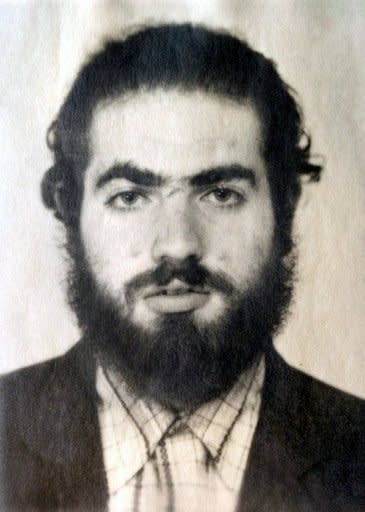 Good News
Good NewsMath genius Grigori Perelman explains why he turned down $1 million prize

He does it for the math, not the money.
Besides, he "can control the universe." Money isn't relevant.
Russian mathematician Grigori Perelman solved the seemingly unsolvable Poincaré conjecture, a 100-year-old problem to prove that any shape without a hole can be formed into a sphere.
The problem was one of the seven listed on Cambridge, Massachusetts' Clay Mathematics Institute's Millennium Prize list.
The bounty on such a solution? One million dollars and the Fields Medal, math's equivalent of the Nobel Prize.
Considered one of the world's smartest men, Perelman published two proofs of the theorem in 2002 and 2003. It took until last year for a team of mathematicians to validate his results.
While his work was celebrated, he rejected any accolades. The reclusive genius is only now talking about why he turned down the money.
After years of avoiding interviews, he has agreed to participate in a documentary about three of the world's major mathematical schools.
Despite rumours of madman-esque reclusiveness and self-imposed poverty, a journalist who interviewed Perelman says previous media coverage on the man has misrepresented him:
"Perelman produces an impression of an absolutely sane, healthy, adequate and normal person. ... What the media say and write about him — that he is off his head — all of that is nonsense," he wrote.
When it comes to awards and monetary gain, Perelman just isn't interested; the genius refused the prize, claiming the knowledge gained to be worth more than the financial reward.
"I'm not interested in money or fame," Perelman stated.
"Emptiness is everywhere and it can be calculated, which gives us a great opportunity. I know how to control the universe. So tell me, why should I run for a million?" he told the Russian newspaper Komsomolskaya Pravda.
(Photo credit: AFP)

